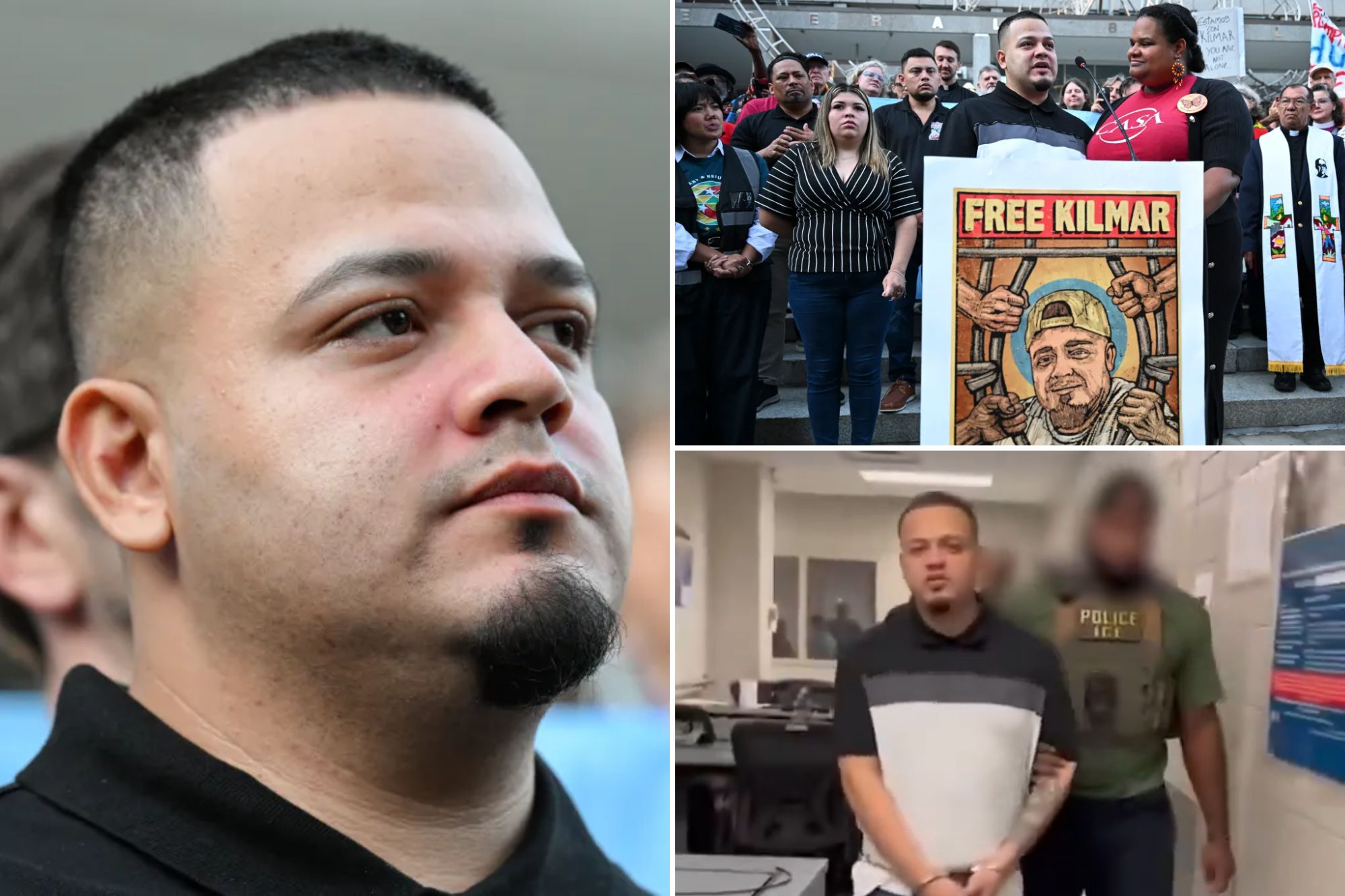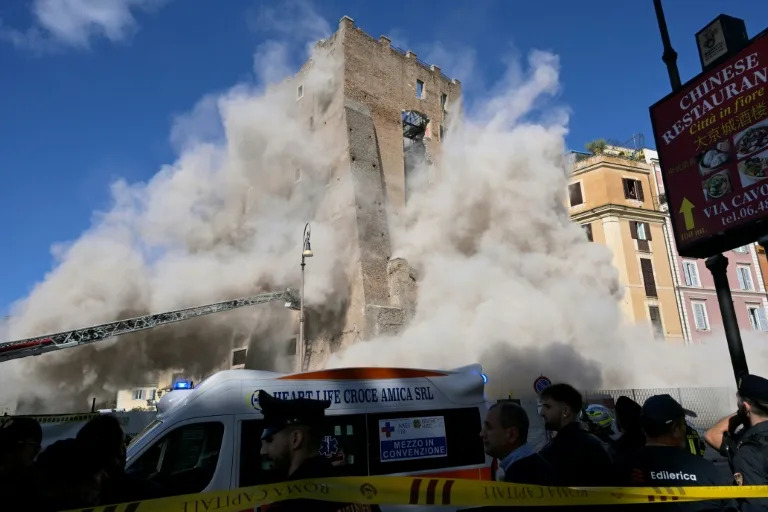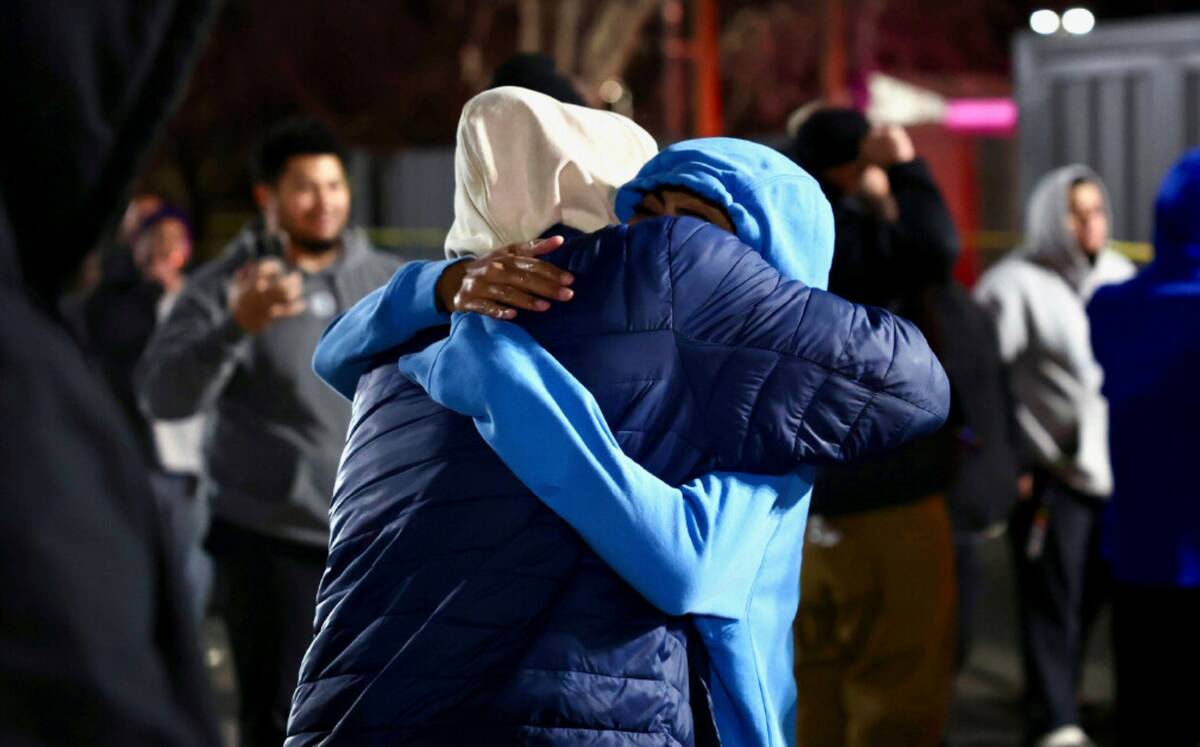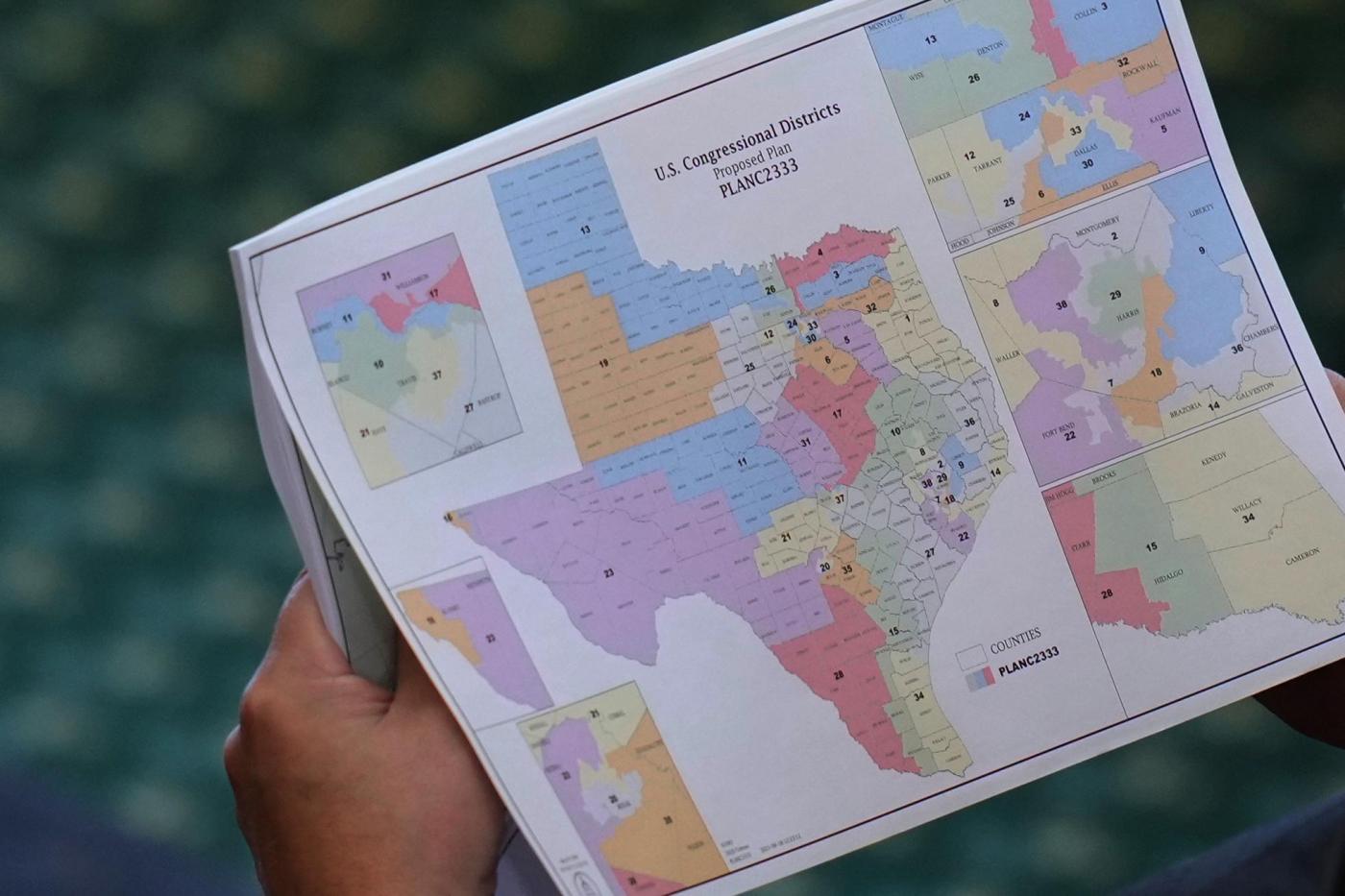The U.S. government is preparing to deport Salvadoran immigrant Kilmar Abrego Garcia to Liberia after reaching an agreement with the West African nation. According to a filing from the Department of Homeland Security (DHS) on October 31, Abrego Garcia could face deportation as part of a standing order against him. This move is particularly contentious given his previous deportation to El Salvador, which occurred mistakenly in March despite a court order protecting him from removal to his home country.
Abrego Garcia’s case is emblematic of the ongoing tension between the Trump administration’s aggressive deportation strategies and the efforts of Democratic lawmakers to halt such removals. The DHS filing states that Abrego Garcia’s attorneys presented evidence of over 20 countries where he could potentially face prosecution or torture if deported; notably, Liberia was not included in that list. The document highlights Liberia’s status as a “thriving democracy” and a close partner of the United States, emphasizing its commitment to human rights and the treatment of refugees.
The DHS claims to have received diplomatic assurances from Liberia regarding the humane treatment of individuals deported there. The agency noted that the national language is English and that the country’s constitution provides robust protections for human rights.
Abrego Garcia’s legal representation has criticized the administration’s decision as politically motivated, arguing that the deportation plan is punitive in nature. “After failed attempts with Uganda, Eswatini, and Ghana, ICE now seeks to deport our client, Kilmar Abrego Garcia, to Liberia, a country with which he has no connection,” said attorney Simon Sandoval-Moshenberg in a statement to the press. He further asserted that “Costa Rica stands ready to accept him as a refugee, a viable and lawful option,” calling the U.S. government’s actions cruel and unconstitutional.
Senator Chris Van Hollen, a prominent advocate for Abrego Garcia, condemned the latest development. Van Hollen, who visited Abrego Garcia in prison in El Salvador earlier this year, accused the Trump administration of “shopping for faraway countries” to deny him his constitutional rights. He emphasized that a federal judge has recently indicated that Abrego Garcia’s prosecution “may stem from retaliation” by the DOJ and DHS due to his successful challenge against his unlawful deportation.
Abrego Garcia entered the United States illegally in 2011 and received a deportation order in 2019. While two judges previously indicated he may have links to the MS-13 gang, Trump administration officials acknowledged in court that his deportation had been an administrative error. Nevertheless, some officials have maintained that he is correctly removed based on alleged gang affiliations.
As the situation unfolds, Abrego Garcia remains in immigration detention in Pennsylvania. A federal judge in Maryland has previously halted his immediate deportation while evaluating claims of governmental retaliation. The same judge stated in an October ruling that the prosecution “may stem from retaliation” against Abrego Garcia, who continues to contest the legal actions against him.
The unfolding circumstances surrounding Kilmar Abrego Garcia highlight the complexities and challenges within the U.S. immigration system, particularly regarding the deportation of individuals with complicated legal histories and potential risks upon return to their home countries.







